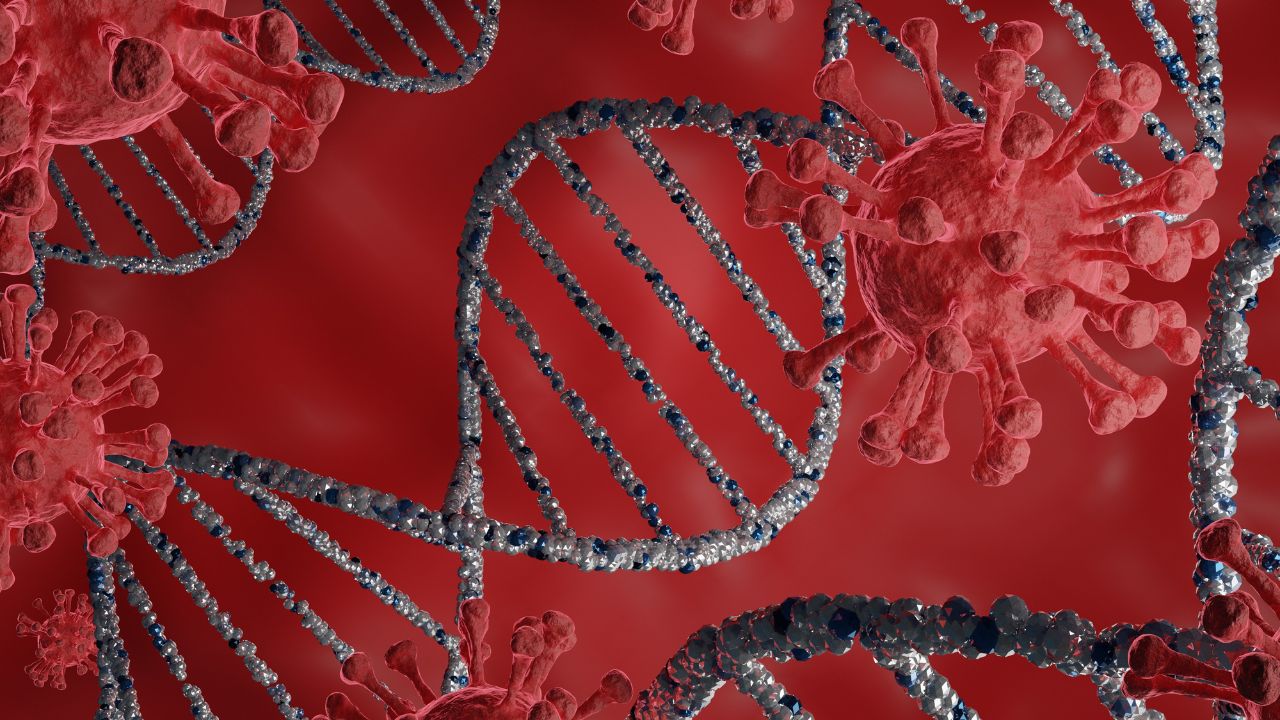What is DNA?

DNA (deoxyribonucleic acid) is a complex molecule that carries the genetic information of an organism. It is composed of four chemical building blocks called nucleotides.Adenine (A), Thymine (T), Guanine (G), Cytosine (C). The order of these nucleotides along the DNA molecule determines the genetic code and gives the instructions for the development, growth and function of all living things. A DNA molecule is a double helix made up of two complementary strands that are twisted around each other. Nucleotides on one strand pair with nucleotides on the other strand according to specific base-pairing rules. A is connected to T and G is connected to C. DNA molecules reside in the cell nucleus and are densely packed into structures called chromosomes. Humans have her 46 chromosomes, and each chromosome contains thousands of genes, or strands of DNA, that code for specific proteins. DNA replication is the process by which a cell copies its DNA before cell division. During replication, the two strands of a DNA molecule separate and each strand serves as a template for synthesizing a new complementary strand, resulting in two identical copies of the DNA molecule. The discovery of DNA structure and function is considered one of the most important scientific achievements of the 20th century and has had a profound impact on fields such as genetics, molecular biology and medicine.
Specific Content Keywords : DNA,Genetic material,Double helix,Nucleotides,Base pairs,Genes,Chromosomes,Genome,DNA sequencing,DNA replication,DNA transcription,DNA translation,DNA structure,DNA coding,DNA function,DNA synthesis,DNA mutations,DNA repair,DNA profiling,DNA fingerprinting.

